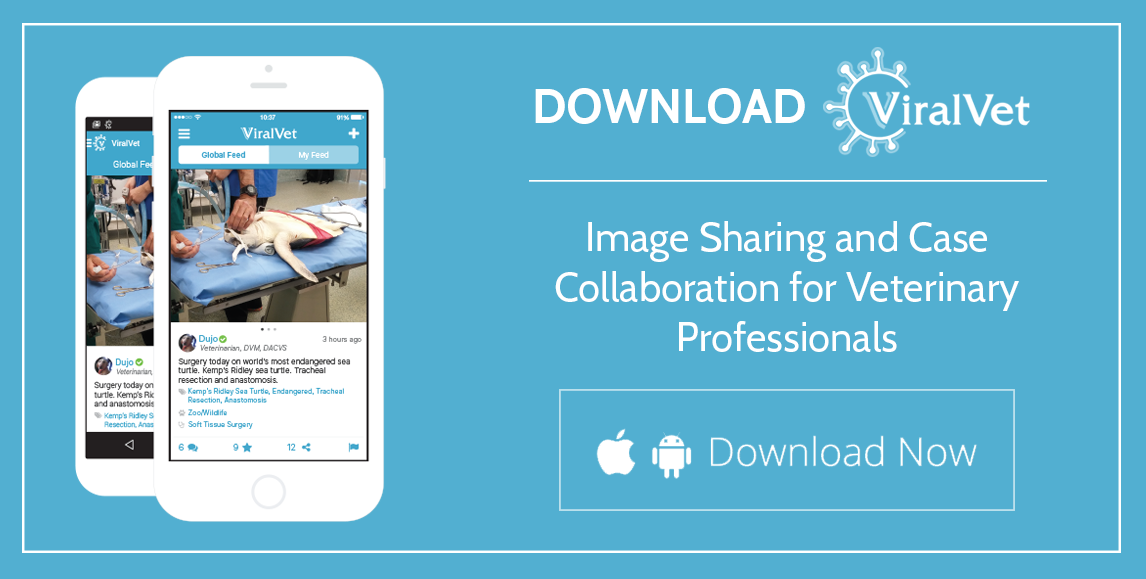
As vets, we take great pride in our successes, and for good reason. Helping a pet to beat the odds and outlive all expectations is what we hope to do every day. We put stories of these examples on our webpages and post updates to social media. It is a euphoric feeling to celebrate milestones, birthdays, and holidays with these clients and the pets that would not have been there if not for the treatments that we can provide.
What is talked about far less often is how we deal with treatment failure. In all aspects of medicine, there is a chance for veterinarian treatment failure and/or adverse treatment complications. This chance is higher when dealing with complicated disease processes, organ systems, and treatments. Oncologists (and indeed, all veterinarians) deal with some of the most complicated disease processes affecting multiple complicated organ systems and we utilize complicated treatments with little room for error.
As a result, it should not be a surprise that sometimes, despite our best efforts and decisions, we fail to achieve our desired or even our “expected” outcome. Of course, there is no such thing as an “expected” outcome. We know that the patient in front of us is equally likely to be the patient with the worst possible treatment response or complication as they are to be the best responder. We often speak about average or median outcomes because it is practical to do so but we also must admit that more often than not, the patient in front of us will either exceed or fail to reach that outcome.
 When our patients exceed those outcomes, we celebrate that success and take great pride in our work. When our patients fail to reach those outcomes or suffer potential serious complications from therapy, we tend to second guess and blame ourselves. At an intellectual level, we recognize that we play an important but only a partial role in determining which of our patients do better and which do worse but emotionally, this is difficult to come to terms with.
When our patients exceed those outcomes, we celebrate that success and take great pride in our work. When our patients fail to reach those outcomes or suffer potential serious complications from therapy, we tend to second guess and blame ourselves. At an intellectual level, we recognize that we play an important but only a partial role in determining which of our patients do better and which do worse but emotionally, this is difficult to come to terms with.
We are extremely fortunate that most of our clients understand these complexities and view advanced medical treatment as a team effort with all of us doing our best while hoping for the best. Simultaneously, we observe for and fear the potential for complications or failure. The most heartwarming and rewarding interactions with clients that I have ever experienced have been simultaneously tear-jerking expressions of gratitude from pet owners with genuine appreciation for the efforts put forth to help their pet despite frustrating results.
Like this Post? Want to receive more content like this in your email?! |
However, the disappointment that a pet’s family feels when our efforts yield poor responses or complications sometimes manifest as anger with the doctor. This is a darkest part of being in this profession. While we are simultaneously grieving the loss of a patient we have worked so hard to help, we face the anger of an upset and grieving pet owner that has spent countless hours and dollars on the care of their pet, only to have them decline or suffer a complication. There is nothing we can do or say to ease their pain or bring back their beloved pet. They make demands or threats. They accuse us of lying about their pet’s prognosis and taking their money. We become defensive. We feel terrible for them and their pet and don’t want to hurt them more by returning their vitriol with anger of our own.
"The day that I meet someone who went to vet school to become wealthy is the day I will have met the least intelligent veterinarian in the world." |
Nothing really prepares us for these parts of the job. Schools now do a better job of having curriculum dedicated to client communication and stress management. But we must learn to live with the fact that sometimes, despite doing everything “right”, even a treatment with a 95% response or success rate will yield failure. And although it pains us to admit it, treatments can kill patients.
And I haven't even mentioned mistakes. All of these bad things can happen when we do everything right. But it is also a reality that medical care requires humans to make difficult decisions, effectively communicate, and perform with precise detail. I have yet to meet a doctor, technician, or person, for that matter, that never makes a mistake. We implement systems to identify and prevent common errors but mistakes still occur inevitably albeit fortunately rarely. I have had to take responsibility for several mistakes that have occurred with pets under my care and to inform the owners about what has happened. When mistakes occur, we do all that we can to make things right and we pray that the pet is able to fully recover from the error.

All of this is part of our job. We don’t tend to talk about it very much but that is part of the challenge too. We spend so much of our career feeling and giving empathy and compassion for our clients and patients. This can be an incredibly rewarding aspect of our profession and we would not want it any other way. We hope to receive similar empathy and compassion from the clients we work with but this is not always the case. Some clients may not know any other way to judge the value of the care that we provide aside from the outcome that their pet experiences, despite the fact that we have only limited control over that specific outcome. When I hear about the incredibly high suicide and depression rates among veterinarians, it reminds me of how serious this problem can be.
I feel extraordinarily privileged to be a veterinarian and I cannot think of anything I would rather devote my career to. However, I have experienced myself and seen colleagues suffer with the complexity of dealing with such failure.
I hope that an honest and open dialogue about these realities with colleagues and clients helps us all to be a little bit healthier and comfortable with the difficult realities of our profession.

